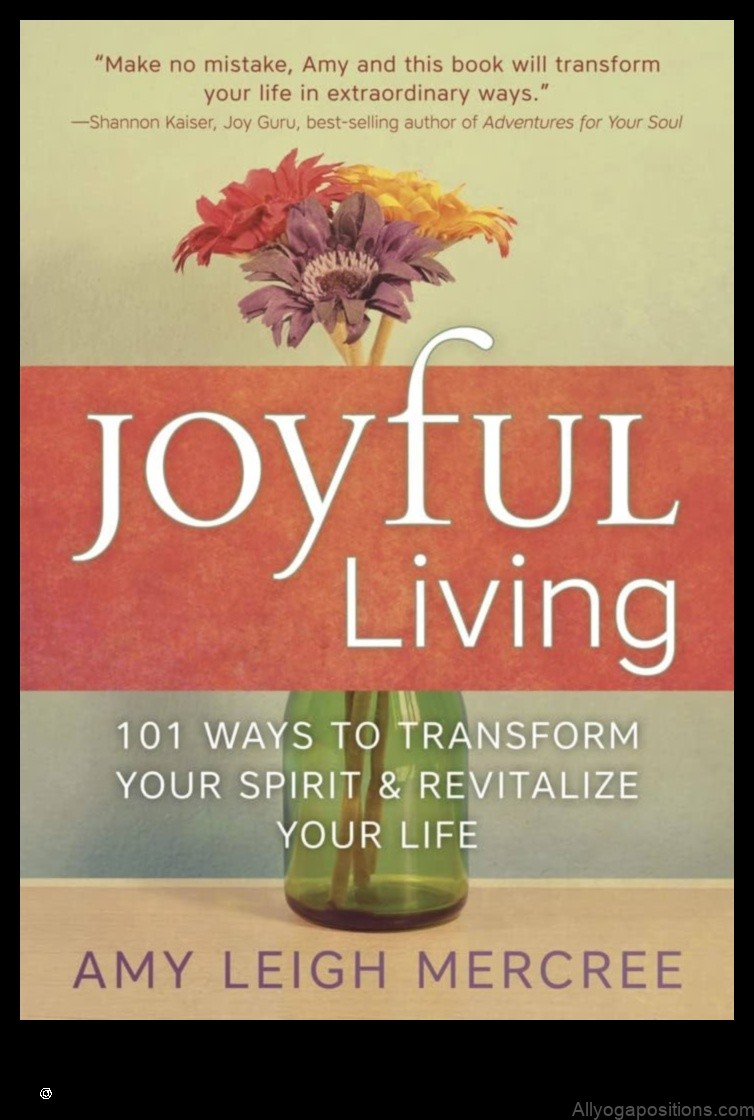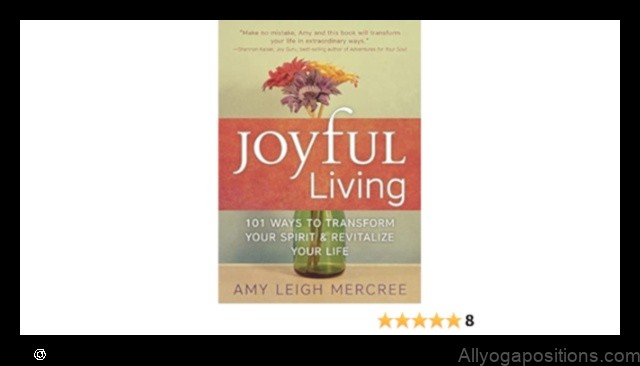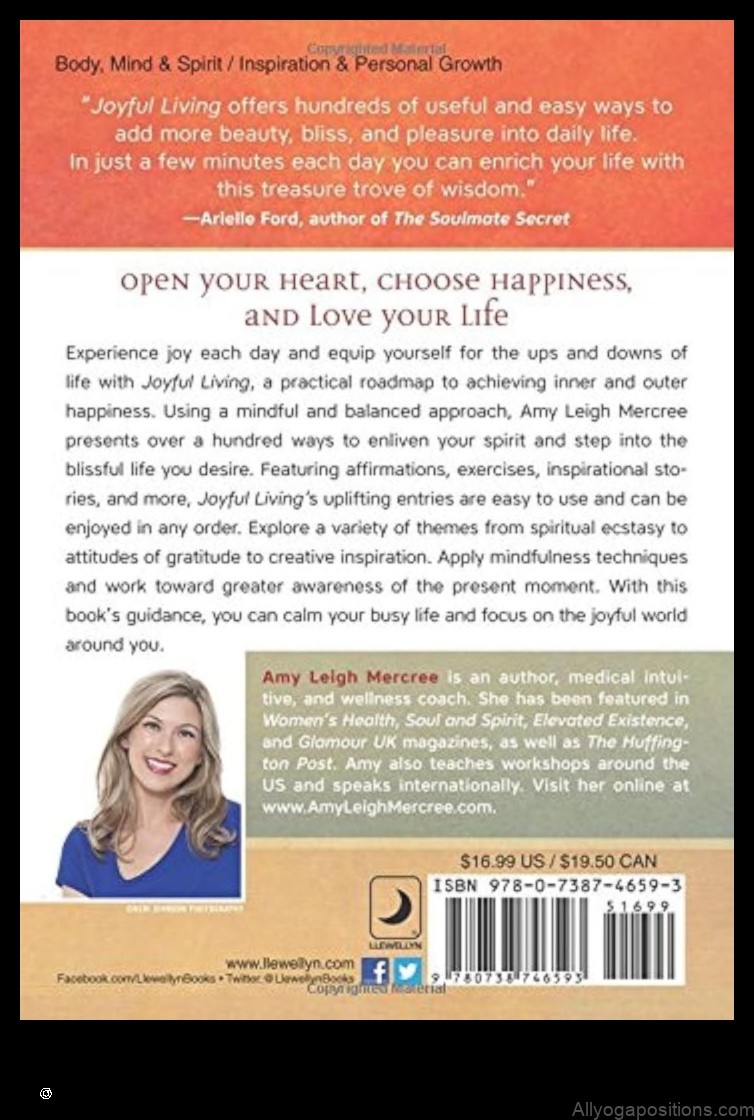
How to Find Joy and Happiness in Life Through Meditation
Meditation is a practice that has been shown to have many benefits for both physical and mental health. It can help to reduce stress, improve mood, and increase focus. In this article, we will discuss how meditation can help you to find joy and happiness in life.
We will first discuss what meditation is and how it works. Then, we will look at the benefits of meditation for happiness and well-being. Finally, we will provide some tips on how to get started with meditation and make it a regular part of your life.
What is Meditation?
Meditation is a practice that involves focusing your attention on a single object or thought. This can be anything from your breath to a mantra or visualization. When you meditate, you are training your mind to be still and focused. This can help to reduce stress, improve mood, and increase your sense of well-being.
There are many different types of meditation, but all of them share the same basic goal of training the mind to be still and focused. Some of the most popular types of meditation include:
- Mindfulness meditation
- Transcendental meditation
- Vipassana meditation
- Zen meditation
You can find many resources online and in libraries to help you learn more about meditation and how to get started.
Benefits of Meditation for Happiness and Well-Being
Meditation has been shown to have many benefits for happiness and well-being. Some of the most notable benefits include:
- Reduced stress
- Improved mood
- Increased focus
- Reduced anxiety
- Improved sleep
- Increased creativity
- Enhanced self-awareness
These benefits are all associated with greater happiness and well-being. If you are looking for ways to improve your mood and outlook on life, meditation is a great place to start.
How to Get Started with Meditation
If you are new to meditation, it can be helpful to start with just a few minutes each day. You can gradually increase the amount of time you meditate as you become more comfortable with the practice.
Here are some tips for getting started with meditation:
- Find a quiet place where you won’t be disturbed.
- Sit in a comfortable position with your back straight.
- Close your eyes or focus on a spot in front of you.
- Breathe deeply and slowly.
- Focus on your breath as it goes in and out.
- If your mind wanders, gently bring your attention back to your breath.
Meditation is a practice that takes time and dedication to master. However, the benefits are well worth it. If you are looking for ways to improve your happiness and well-being, meditation is a great place to start.
Conclusion
Meditation is a powerful tool that can help you to find joy and happiness in life. It can help to reduce stress, improve mood, and increase focus. If you are looking for ways to improve your happiness and well-being, meditation is a great place to start.
FAQ
- What is the difference between meditation and mindfulness?
- What are the benefits of positive thinking?
- How can I practice positive thinking?
- How can I combine meditation and positive thinking?
For more information on meditation and happiness, please
| Feature | Answer |
|---|---|
| Meditation | A practice of focusing the mind on a particular object or thought, either as a way of relaxation or as a method of achieving spiritual enlightenment. |
| Mindfulness | A mental state achieved by focusing one’s awareness on the present moment, while calmly acknowledging and accepting one’s feelings, thoughts, and bodily sensations, used as a therapeutic technique. |
| Happiness | A state of well-being and contentment. |
| Positive thinking | The practice of focusing on the positive aspects of a situation or experience. |
| Gratitude | The state of being thankful or appreciative. |

What is meditation?
Meditation is a practice that involves focusing your attention on a particular object or thought, while trying to clear your mind of other distractions. It can be done sitting, standing, or lying down, and there are many different techniques.
Meditation has been shown to have a number of benefits for both physical and mental health, including reducing stress, improving mood, and boosting focus. It can also help to increase mindfulness, which is the ability to pay attention to the present moment without judgment.
If you’re interested in trying meditation, there are many resources available to help you get started. You can find books, online courses, and even apps that can teach you the basics.
III. Benefits of meditation
Meditation has been shown to have a number of benefits for both physical and mental health. Some of the benefits of meditation include:
- Reduced stress and anxiety
- Improved mood and well-being
- Increased focus and concentration
- Improved sleep quality
- Reduced pain
- Enhanced immune function
- Lowered blood pressure
- Reduced risk of heart disease and stroke
These benefits are likely due to the fact that meditation helps to calm the mind and body, and to reduce stress levels. Meditation can also help to improve our ability to focus and concentrate, and to regulate our emotions.
If you are interested in trying meditation, there are a number of resources available to help you get started. You can find guided meditations online or in books, or you can attend a meditation class. It is important to find a meditation practice that works for you and to stick with it for at least a few weeks in order to see results.

IV. How to meditate
There are many different ways to meditate, but some basic steps include:
- Find a quiet place where you won’t be disturbed.
- Sit in a comfortable position with your back straight.
- Close your eyes and focus on your breath.
- Breathe in and out slowly and deeply.
- As you breathe, let go of any thoughts or worries that come into your mind.
- Focus on the present moment and your breath.
- Continue to meditate for as long as you like.
When you’re finished meditating, take a few deep breaths and slowly open your eyes.
It may take some time to get used to meditating, but it’s worth it. Meditation can help you to relax, reduce stress, and improve your mood.
V. Positive thinking
Positive thinking is a mental attitude that focuses on the good in life and expects positive outcomes. It is the opposite of negative thinking, which focuses on the bad in life and expects negative outcomes.
Positive thinking has been shown to have a number of benefits, including:
- Improved mood
- Reduced stress
- Increased happiness
- Better relationships
- Increased productivity
There are a number of ways to practice positive thinking, including:
- Focus on the positive aspects of your life
- Gratitude journaling
- Affirmations
- Visualization
- Positive self-talk
When you practice positive thinking, you are not only changing your mindset, but you are also changing your brain.
Positive thinking has been shown to increase activity in the prefrontal cortex, which is the part of the brain associated with happiness, optimism, and resilience.
It also decreases activity in the amygdala, which is the part of the brain associated with fear, anxiety, and stress.
By practicing positive thinking, you can literally change your brain for the better.
You can become happier, more optimistic, and more resilient.
You can also improve your relationships, your productivity, and your overall quality of life.
VI. Benefits of positive thinking
Positive thinking has been shown to have a number of benefits for mental and physical health, including:
- Reduced stress and anxiety
- Improved mood
- Increased happiness
- Better sleep
- Increased energy
- Improved problem-solving skills
- Boosted immune system
- Reduced risk of chronic diseases
When you think positively, you are more likely to focus on the good things in your life and to see opportunities for growth. This can lead to a more optimistic outlook on life and a greater sense of well-being.
Positive thinking can also help you to cope with stress and difficult situations more effectively. When you are able to see the positive side of things, it is easier to stay calm and focused, and to find solutions to problems.
If you want to start reaping the benefits of positive thinking, there are a few things you can do:
- Start by paying attention to your thoughts. Notice when you are thinking negatively and try to replace those thoughts with more positive ones.
- Focus on the good things in your life. Make a list of things you are grateful for, and think about them often.
- Be kind to yourself. Forgive yourself for mistakes and focus on your strengths.
- Look for the positive in every situation. Even when things are tough, try to find something to be grateful for.
- Surround yourself with positive people. Spend time with people who make you feel good and who support you.
Positive thinking is a powerful tool that can help you to improve your life in many ways. By making a conscious effort to think more positively, you can increase your happiness, reduce stress, and improve your overall health.
VII. How to practice positive thinking
Positive thinking is a mental attitude that focuses on the good in life and expects positive outcomes. It is the opposite of negative thinking, which focuses on the bad in life and expects negative outcomes.
Positive thinking has been shown to have a number of benefits, including:
- Improved mood
- Reduced stress
- Increased happiness
- Better health
- Increased success
There are a number of ways to practice positive thinking, including:
- Focus on the good in your life
- Look for the positive in every situation
- Be grateful for what you have
- Think positively about yourself
- Challenge negative thoughts
If you are struggling to practice positive thinking, there are a number of resources available to help you, including books, articles, and online courses.
Practicing positive thinking can be a challenge, but it is well worth the effort. When you focus on the good in life, you will find that your mood improves, your stress levels decrease, and you are happier and healthier overall.
VIII. Meditation and positive thinking together
Meditation and positive thinking are two powerful tools that can help you improve your mood and outlook on life. When you combine the two practices, you can create a powerful synergy that can help you achieve even greater results.
Here are a few ways to combine meditation and positive thinking:
- Meditate on positive affirmations.
- Use positive visualization during meditation.
- Practice gratitude meditation.
- Meditate with friends or family.
If you’re new to meditation, it’s important to start slowly and gradually increase the amount of time you meditate each day. You may also want to work with a qualified meditation teacher or coach to help you get started.
With practice, you can learn to use meditation and positive thinking to create a more positive and fulfilling life.
Conclusion
Meditation and positive thinking are powerful tools that can help you to improve your mood, outlook on life, and overall well-being. By practicing these techniques regularly, you can learn to live more mindfully and appreciate the present moment. You can also develop a more positive outlook on life, which will help you to overcome challenges and achieve your goals.
If you are interested in learning more about meditation and positive thinking, there are many resources available online and in libraries. You can also find classes and workshops in your community.
I hope this article has been helpful. Please feel free to leave a comment below if you have any questions or if you would like to share your own experiences with meditation and positive thinking.
X. FAQ
* Question 1: What is meditation?
* Answer 1: Meditation is a practice that involves focusing the mind on a single object, thought, or activity. It can be done for a variety of purposes, including relaxation, stress relief, and spiritual growth.
* Question 2: What are the benefits of meditation?
* Answer 2: Meditation has been shown to have a number of benefits for both physical and mental health. These include reducing stress, improving mood, boosting concentration, and promoting relaxation.
* Question 3: How do I practice meditation?
* Answer 3: There are many different ways to meditate, but some basic steps include finding a comfortable position, focusing on your breath, and letting go of thoughts as they arise.
Table of Contents
